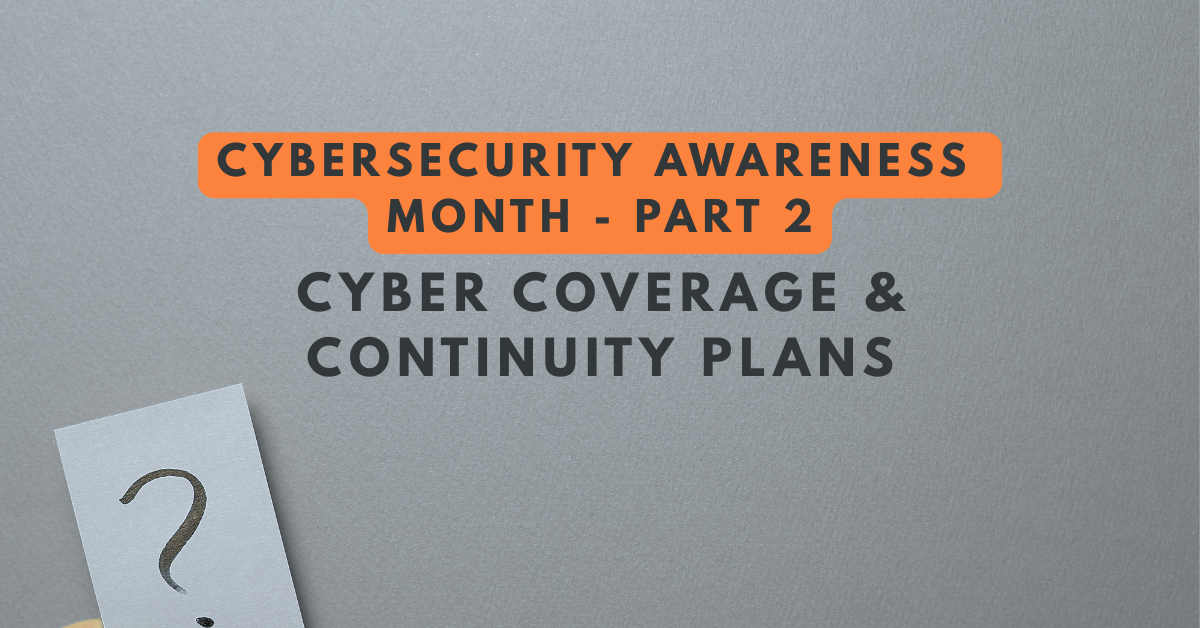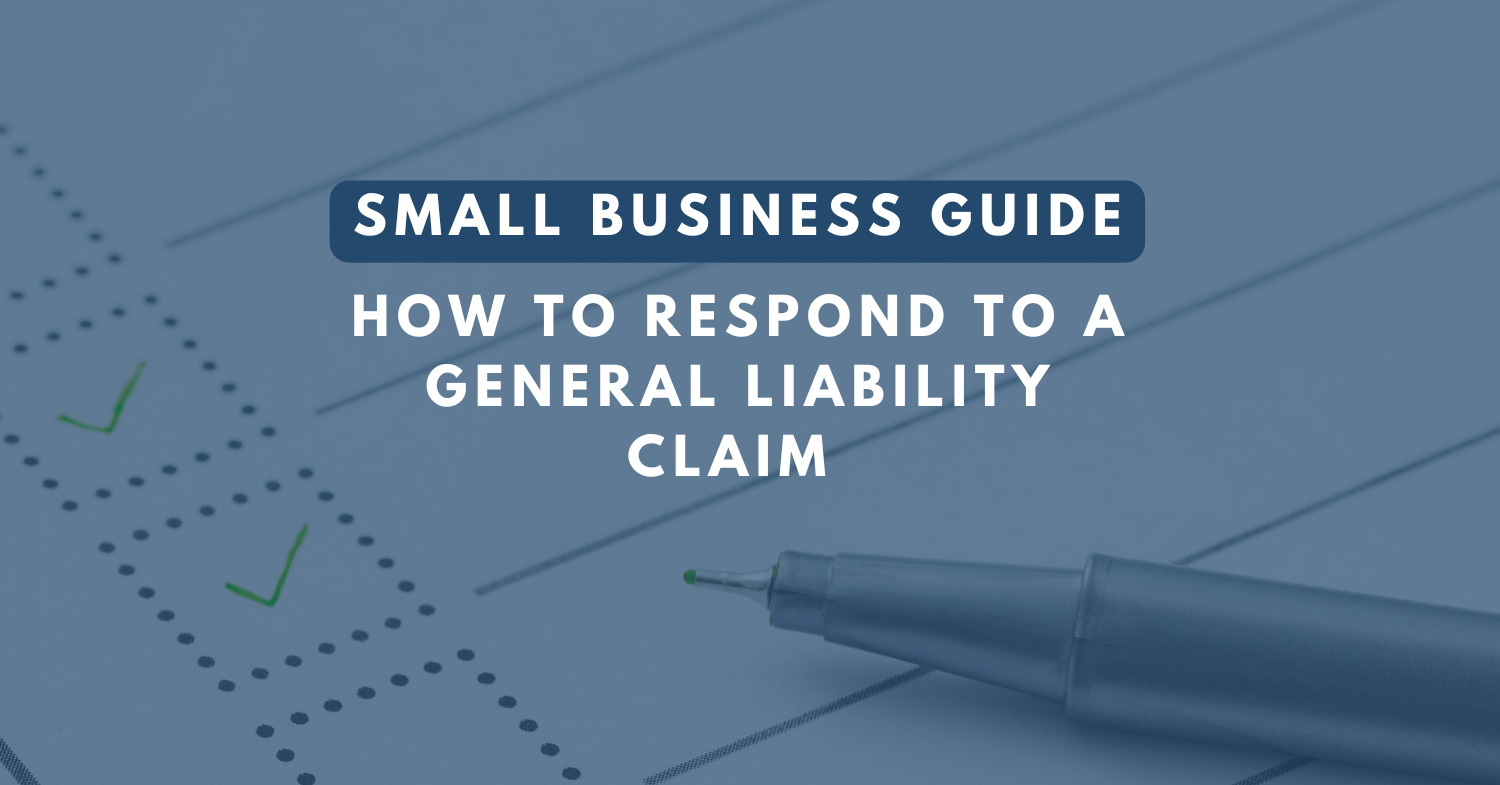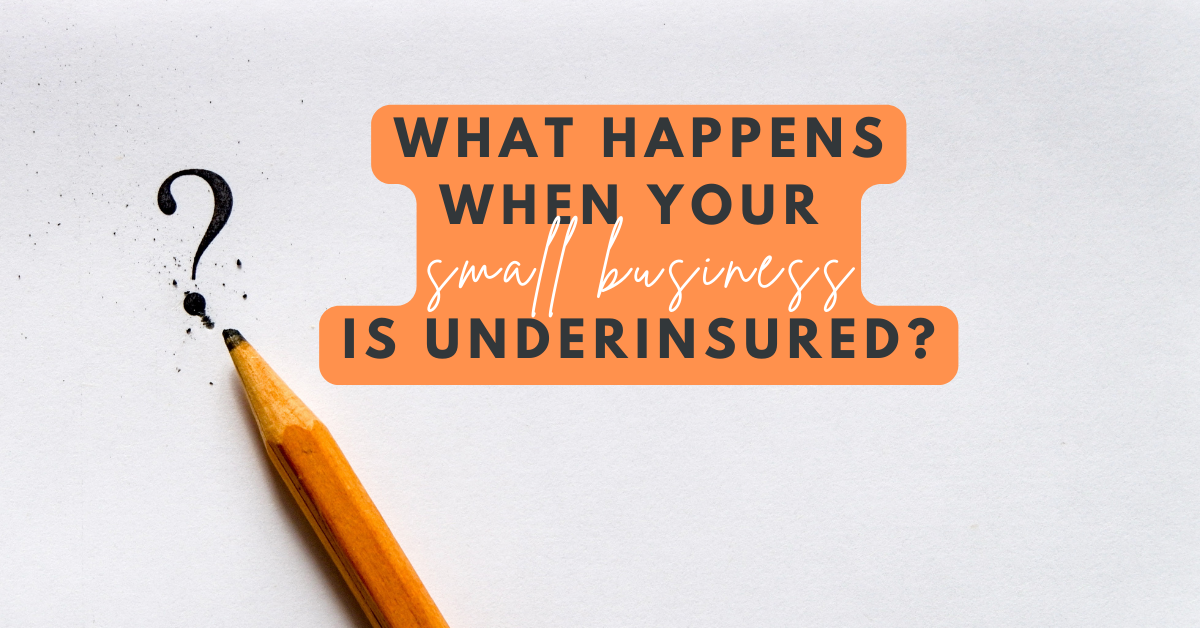Protecting Your Business: Cyber Liability, Interruption & Continuity
See How We're Different
or call us: (858) 384‑1506
Part II: Protecting Your Business: Cyber Liability, Interruption & Continuity

In Part I of this blog series, you learned about Frequently Asked Questions About Cyber Threats for Small Businesses.
It is estimated that approximately 17% of small businesses have cyber insurance, despite the significant risk. But now that you know what’s at stake, you can change this statistic.
In Part II of this blog series, we are discussing proactive investments you can make to protect your business. These include:
● What is cyber liability insurance and why should you invest?
● What is cyber interruption insurance?
● What is business continuity planning?
● Implementing a training plan for your team
Let’s jump in.
What Is Cyber Liability Insurance and Why Do Small Businesses Need It?
Cyber liability insurance can help SMBs manage the financial risks associated with cyberattacks, data breaches, and other technology-related incidents. It kicks in to cover costs from third-party claims because of a cyber attack. Put another way, it’s like the general liability of the digital world.
What Is Cyber Interruption Insurance and How Does It Differ?
Cyber interruption insurance can help an SMB manage the financial impact on its own business operations, such as compensation for lost income and extra expenses incurred due to a cyber event disrupting normal operations. Recent events that come to mind include airline IT outages, such as the one experienced by Hawaiian Airlines in the summer of 2025.
Key Takeaway:
● Cyber liability insurance = third-party claim coverage
● Cyber interruption insurance = first-party claim coverage
What Does Cyber Insurance Typically Cover?
Cyber coverage can vary widely depending on the insurer and the specific policy, but generally, cyber insurance includes:
● Data Breach Response: Costs related to notifying affected customers, credit monitoring services, and PR efforts to mitigate reputational harm.
● Legal and Regulatory Expenses: Defense costs and settlements arising from lawsuits or regulatory actions triggered by a data breach or privacy violation.
● Business Interruption Losses: Compensation for lost income and extra expenses incurred due to a cyber event disrupting normal operations.
● Cyber Extortion: Coverage for ransom payments and related expenses in the event of ransomware attacks.
● Network Security Liability: Protection against claims resulting from failure to prevent unauthorized access or transmission of malicious software.
Connect with our team to discuss your cyber coverage options.
What Is a Business Continuity Plan (BCP) and Why Is It Critical?
As we explain inthis blog post, a business continuity plan (BCP) is your proactive strategy for maintaining business operations in the event of an unexpected disruption. A BCP can address many challenges, ranging from weather events to cyberattacks.
Small businesses often have limited capital, which is one of the biggest reasons they should get a BCP. According to insurance tech company Zywave, “multiple studies found that between 40% and 60% of small businesses fail shortly after experiencing a crisis.” A BCP can help you protect your profits, people, and operations and bounce back when a disruption occurs.
A BCP is a great accompaniment to cyber coverage.
Connect with our team to discuss your BCP options.
How Can Small Businesses Train Employees to Prevent Cyber Threats?
One of the most important things you can do today is talk about cybersecurity with your team. It can be tempting to skip over cybersecurity, especially when employees and business owners alike are dealing with burnout and cyber fatigue, but in this digital world, we must stay diligent and informed! Create a training plan that details best practices and expectations for password management, cloud storage, file-sharing, MFA, software management, device management, and more. You can also take your team through interactive video trainings available by various service providers.
👉 We realize this might sound like a heavy lift, but you don’t have to do it all yourself. Our team is ready to help you get cyber protections in place stat!
Let’s get you insured - start here.
Missed Part I? Read Frequently Asked Questions About Cyber Threats for Small Businesses here.
Next up in Part III: Why Many Small Businesses Skip Cyber Liability (and Why That’s Risky).”
Disclaimer: The information provided in this blog is for general informational purposes only and should not be construed as professional advice. While we strive to keep our content accurate and up to date, we make no guarantees regarding its completeness, reliability, or suitability. Any reliance you place on this information is strictly at your own risk. For guidance tailored to your situation, please consult with a qualified professional.







